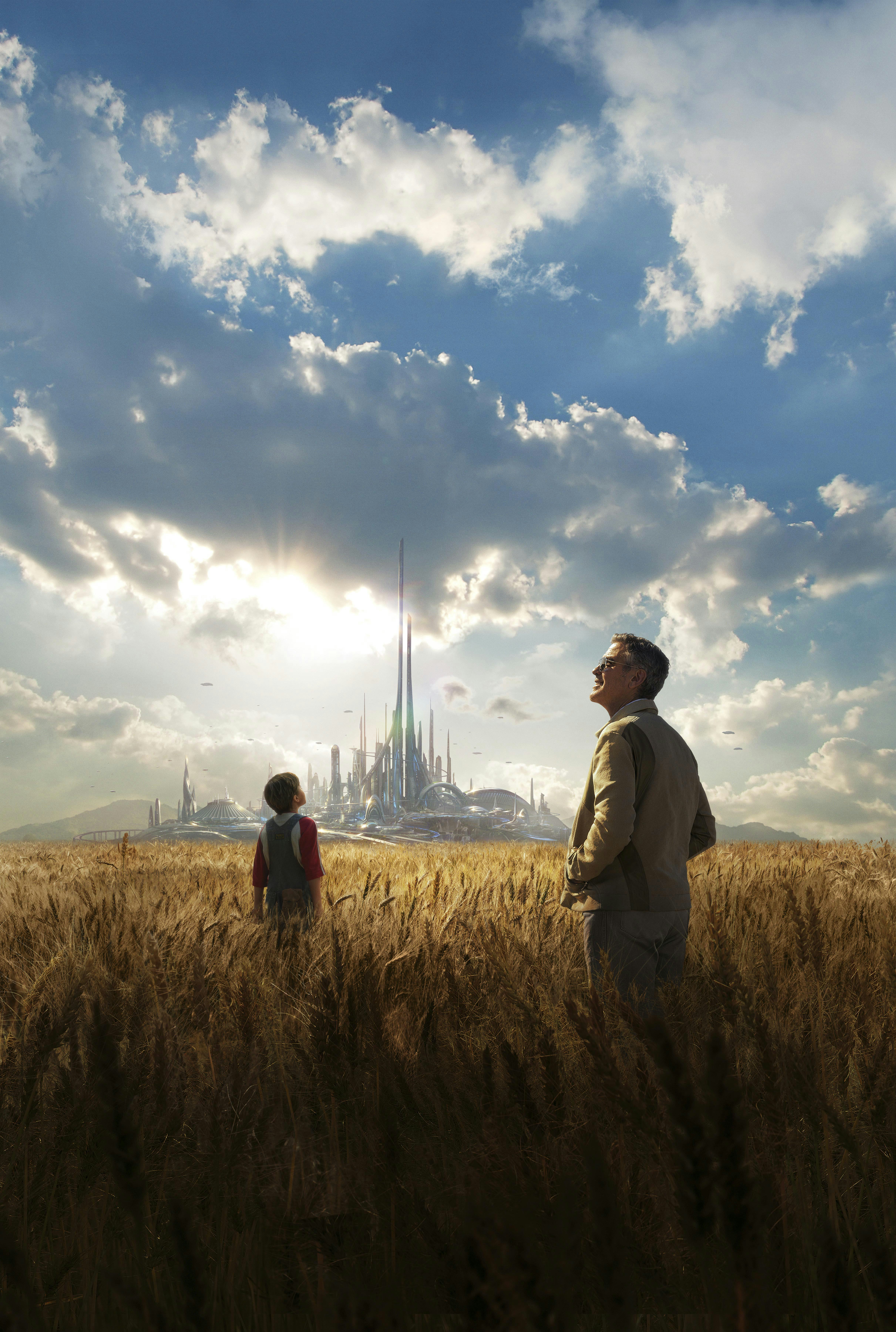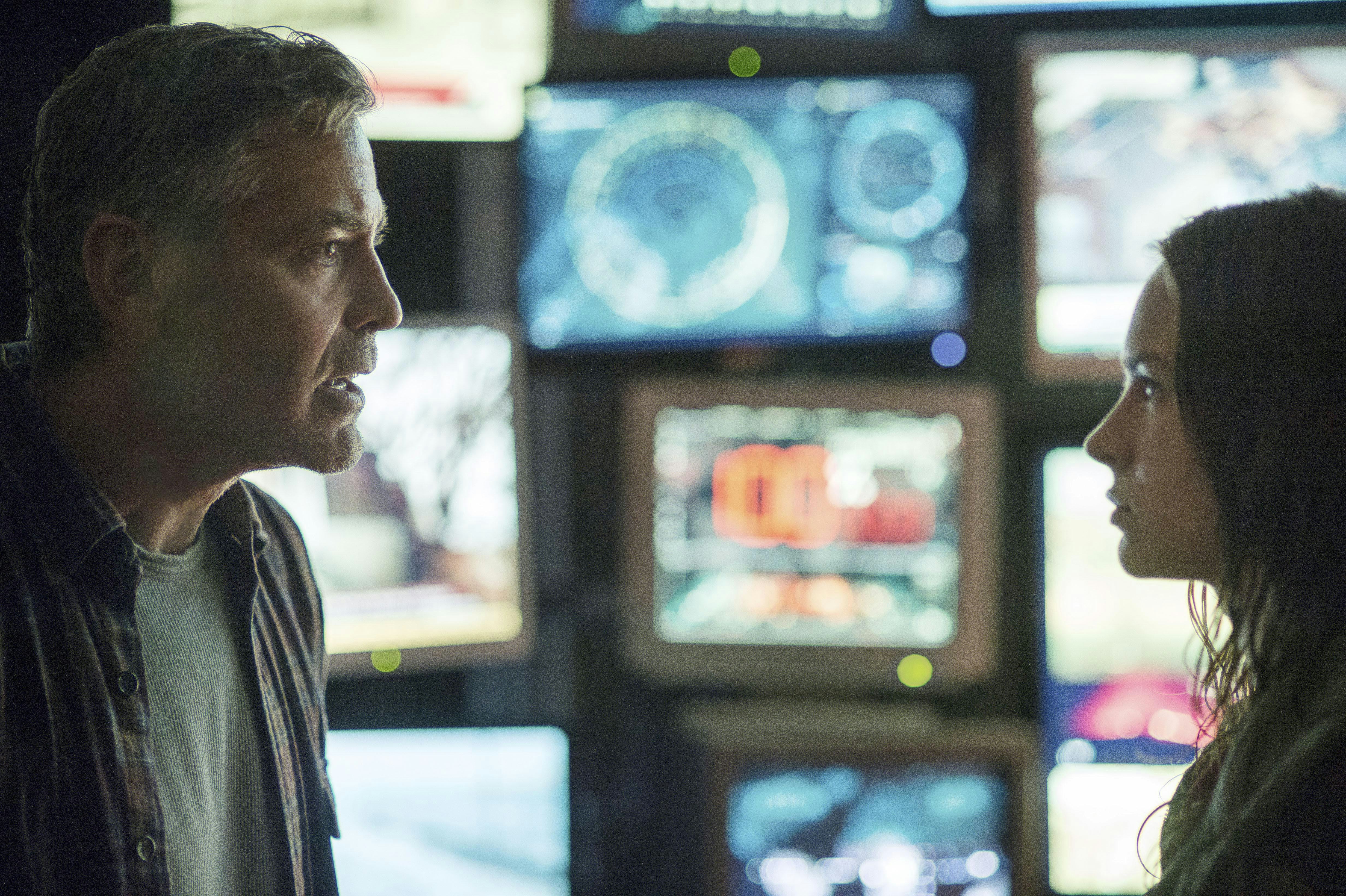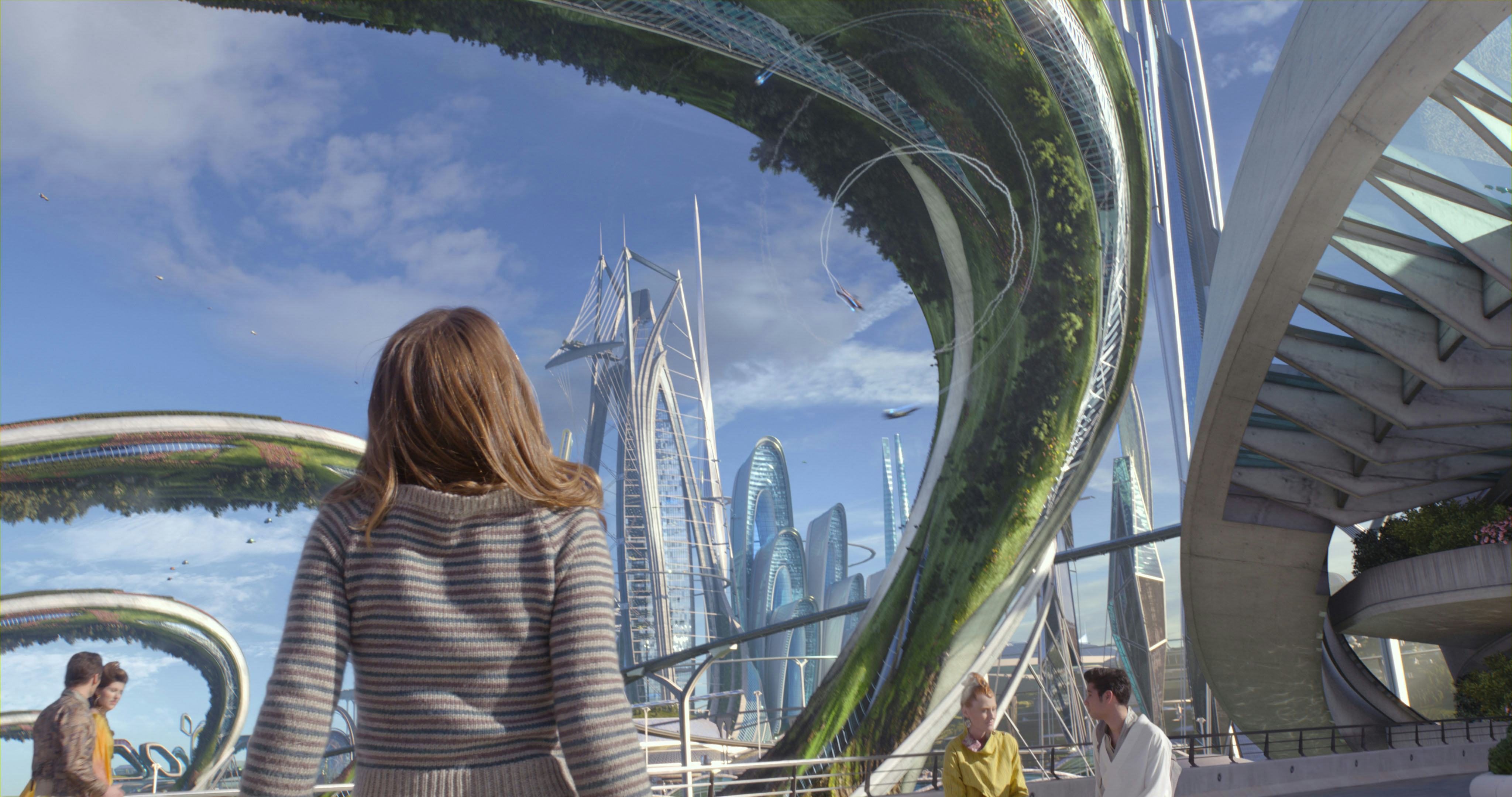
Prior to 2015, Brad Bird had earned enough goodwill to generate interest in any project he had lined up. After The Iron Giant, The Incredibles, and Ratatouille were all hailed as animated masterpieces, Bird made the leap into live-action with Mission: Impossible - Ghost Protocol — a roaring success that revitalized the waning action franchise. Bird’s next project was an original science fiction project, and the eventual revelation that it would be named after one of Walt Disney Parks’ most beloved attractions only earned it more buzz.
2015 was a monumental year for Disney, as the studio launched a sequel to The Avengers, a new Star Wars film, and two releases from Pixar. However, these films all came from subsidiaries; while Marvel, Lucasfilm, and Pixar had become indistinguishable from the Disney brand, the studio sought another success like Pirates of the Caribbean. Given the failures of several four-quadrant live-action films aimed at the Pirates of the Caribbean audience (including Prince of Persia: The Sands of Time, Tron Legacy, and John Carter), investing in the creative vision of an established auteur seemed like a logical decision for the company.
The Tomorrowland themed land was inspired by Walt Disney’s passion for a futuristic utopia, but Bird’s film was hardly the optimistic crowdpleaser that Disney investors may have anticipated. In Bird's film, a group of progressive thinkers aimed to bring to life Walt Disney's dream of a technological utopia. However, Tomorrowland wasn’t intent on waxing poetic about the past; by examining a world in which the futuristic community was never realized, Bird crafted a philosophical, frustrated film that lacked the mindless escapism of a theme park attraction.
Tomorrowland’s opening sequence captured the awe-inspiring wonderment that many tourists feel upon their first visit to “The Happiest Place on Earth.” The young inventor Frank Walker (Thomas Robinson) attends the New York World’s Fair, where he shares his self-constructed jetpack with the enigmatic girl Athena (Raffey Cassidy), who invites him to join a mysterious utopian society within an alternate dimension. While a classical Disney adventure in the vein of Flight of the Navigator may have continued with Frank as the protagonist, Tomorrowland subsequently flashes to the present day: an older Frank (George Clooney) is now a cynical, and embittered recluse who has been cast out of “Tomorrowland.”

Bird’s most interesting assertion is that “Tomorrowland” is a concept that was unfulfilled, as it could never be a true utopia if it only allowed select people to take part in its innovations. While Frank tried to allow others to participate, he was banished by David Nix (Hugh Laurie) and his fellow antagonists, who believed equalizing “Tomorrowland” would bring upon its collapse. A feud between two contemptuous, middle-aged men is fairly grim, even by Bird’s standards, but Tomorrowland finds a new protagonist in Casey Newton (Britt Robertson), a teenage technophile determined to save the world.
Instead of indulging in nostalgia for a future that was never fulfilled, Bird used Tomorrowland as a means of reaching out to modern audiences. While Frank was unsuccessful, the ideas he promoted had a ripple effect, as Casey is still willing to take a stand against the passive eradication of science and reason. Nonetheless, connecting Disney’s Space Age vision to modern day meant that Bird had to reckon with 21st century calamities; Casey’s world is burdened by pollution, consumerism, starvation, and divisiveness.
These anxieties are expressed by Nix in a fiery monologue, which lead many to assume that Bird shared his antagonist’s sentiments — as with The Incredibles, Tomorrowland led to bad-faith interpretations that Bird followed Randian objectivism. However, Tomorrowland thoughtfully argues that this apocalyptic future was something that Nix’s society brought upon itself, as their fear of annihilation created a self-fulfilling prophecy. Unlike Nix, Casey doesn’t view “Tomorrowland” as a means of escaping reality, but a tool that could be used to improve it.

Tomorrowland is jam-packed with ideas, and feels like Bird was given a platform to share beliefs he had bottled up for years. However, every moment of clunky exposition is matched by an equally spectacular work of visual storytelling — between the Eiffel Tower’s transformation into an antique rocket to a daring escape from sinister Audio-Animatronics, Tomorrowland is filled with tangible worldbuilding. As was the case with his animated films, Bird was able to sustain an aura of wonderment by suggesting that the most wondrous moments could be achieved through logic, creativity, and optimism.
Despite the eye-popping splendor of “Tomorrowland” itself and the joyous score by Michael Giacchino, Tomorrowland may have been mismarketed as a piece of “family” entertainment. While it received a PG rating, Tomorrowland forced its viewers to engage with its call-to-action. Bird understood that the issues that plagued modern society could not be solved overnight, and thus an unequivocally happy ending would be disrespectful to the audience. By concluding the film with Casey and Frank helping to guide a new generation of thinkers, Bird suggested that working together could help humanity step in the right direction.
Tomorrowland’s lofty budget and muted enthusiasm led to a disastrous box office performance, which forced Bird to return to familiar territory with Incredibles 2. Disney seemingly took all the wrong lessons from its failure, as the company’s approach to its live-action slate moving forward was to remake its animated classics. The favoring of nostalgia over originality suggests that Tomorrowland’s message was misinterpreted: Bird clearly saw value in looking at the past, but only as a prerogative to make something better.







